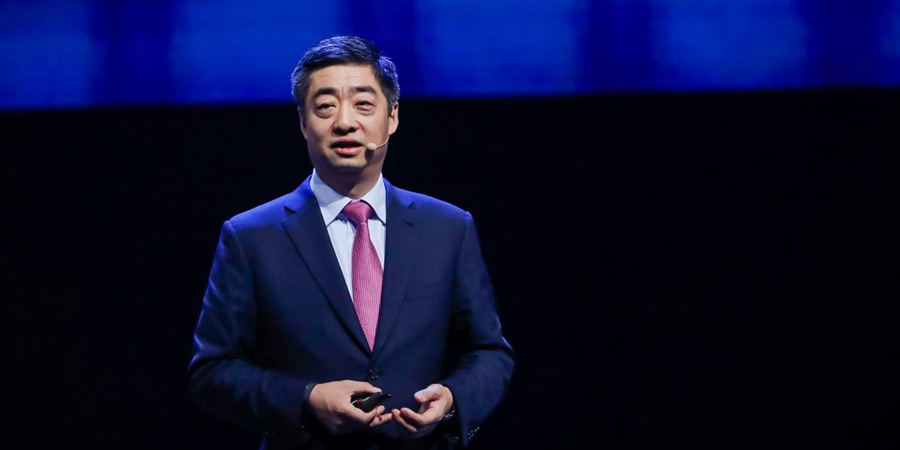Stressing that advancement in technological innovation alone cannot solve the issue of inequity in the world, Ken Hu, Huawei's deputy chairman, underscores the importance of empowering individuals and communities in bridging the digital divide.
In his blog titled 'Tech for People: Avoiding a K-Shaped Future', Hu notes that during the pandemic, students without access to the Internet or digital devices at home were 'hit hard' in developing as well as developed economies.
He cites the example of UK where schools in some areas reported that 70% of children did not have computers at home. Meanwhile, children with shared access to devices were spending only about 2.6 hours per day for secondary school pupils, compared with 3.8 hours per day for their more advantaged peers. This has led The Royal Society to predict that lost school time could hurt the UK economy for 65 years.
Further on, he notes, while a lot of elderly people embraced the new digital offerings of e-commerce during the pandemic, a major section of the older demographic are not ready for 'a world where digital life is the new normal.'
He stresses that many key aspects of digital life are still inaccessible for them. "Things like e-payments, food delivery platforms, and online healthcare, which can mitigate isolation and increase empowerment, remain out of reach," he writes.
He takes into account the devastating effect SMEs globally had to suffer during the COVID19 pandemic, leading to "double-digit increases in insolvencies" that could drag on throughout 2021.
He mentions the divide deepening in terms of employment, with the OECD reporting that the impact of COVID-19 on jobs is 10 times higher than the 2008 financial crisis, with the potential to create a burgeoning social crisis.
With the World Bank estimates of COVID-19 pushing roughly 424 million people into poverty, Hu fears the widening gap could result in 'a K-shaped recovery where different groups of people, industries, and different parts of the economy recover at different rates.'
In conclusion, he shares three ideas that could be considered in harnessing technology to bridge the world's inequity issue:
Firstly, he stresses the need to connect with the unconnected where half the world is without Internet access and calls it 'simply untenable' in an increasingly digital world.
Secondly, he writes that we need to tackle the lack of digital skills in society to empower people with technology.
Thirdly and most importantly, he states that we need to focus on the underserved communities, including women, girls, and older generations.
"Widening inequity and a lack of inclusion will hamstring any efforts to create a more sustainable economy as we slowly pull our way out of this pandemic," he writes.









